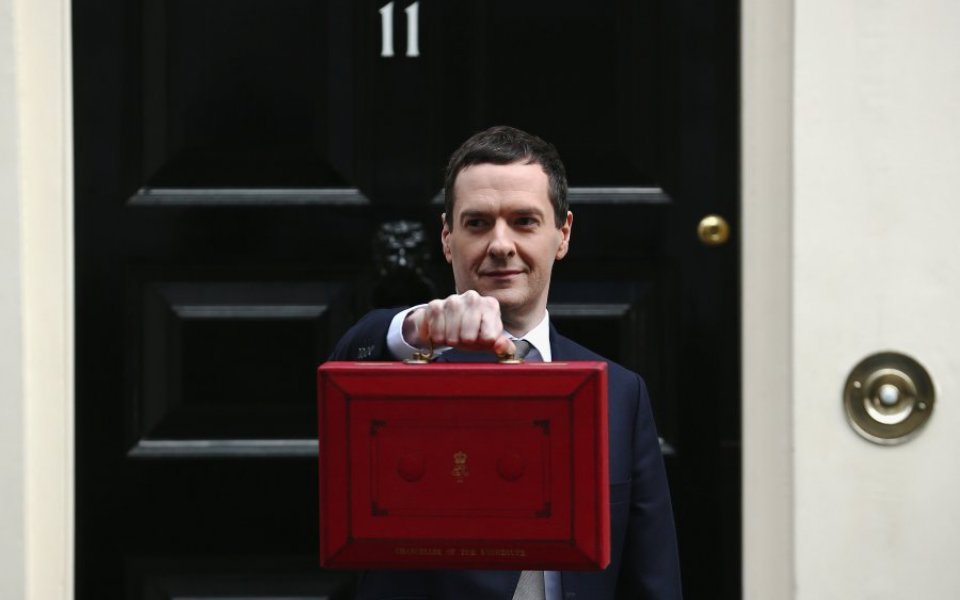Autumn Statement 2015: Chancellor George Osborne must reconsider ringfencing

"The structural deficit will be eliminated by 2014-15.” So said George Osborne’s emergency Budget back in 2010, which also predicted that the national debt would “peak at 70.3 per cent of GDP in 2013-14”. Full marks for optimism.
The debt – now 80.5 per cent of GDP – is not falling and the deficit has not been eliminated; rather, we are piling tens of billions on to it each year. Indeed, the summer’s predictions showed that a surplus will not happen before at least 2019-20.
What’s gone wrong? First, a bit of context. The government spent over £1.3m every minute during the last financial year, meaning that the state is likely to have spent more than £2m by the time you finish reading this piece. Spending ran at over £80m an hour or £1.9bn (yes, billion) every day.
Read more: Where will Osborne make the Autumn Statement cuts?
And has the situation improved since the election? Has the all-Tory government reined back on spending? Alas, no. Despite all the rhetoric about tough choices and all the cries of anguish from the opposition, the government has spent an extra £4.5bn in the current financial year.
The state of Britain’s public finances cannot be blamed on weak growth, high unemployment, or low taxes. GDP has been expanding healthily, employment is at a record high and Osborne has been lifting taxes in numerous areas. The summer Budget, delivered just four months ago, was a net tax-raising exercise.
Read more: Play Autumn Statement buzzword bingo
So what can be done to amend this situation? The government must accept that it cannot keep a lid on costs if it continues to ringfence the majority of its expenditure. From international aid to pensions and healthcare, ringfencing must be scrapped.
It is possible to have a progressive government – one that is instinctively liberal, promotes meritocracy, provides high quality education and is even wealth-distributing – without presiding over an ever-expanding monster of a state.
Today’s combined Autumn Statement and Spending Review could be the start of a serious political effort to reduce spending. Departmental cuts in the order of 40 per cent are not insignificant and, combined with far-reaching reform, could herald the kind of change needed to get the country living within its means. Clinging on to the idea of ringfenced expenditure will make this vital task much harder.